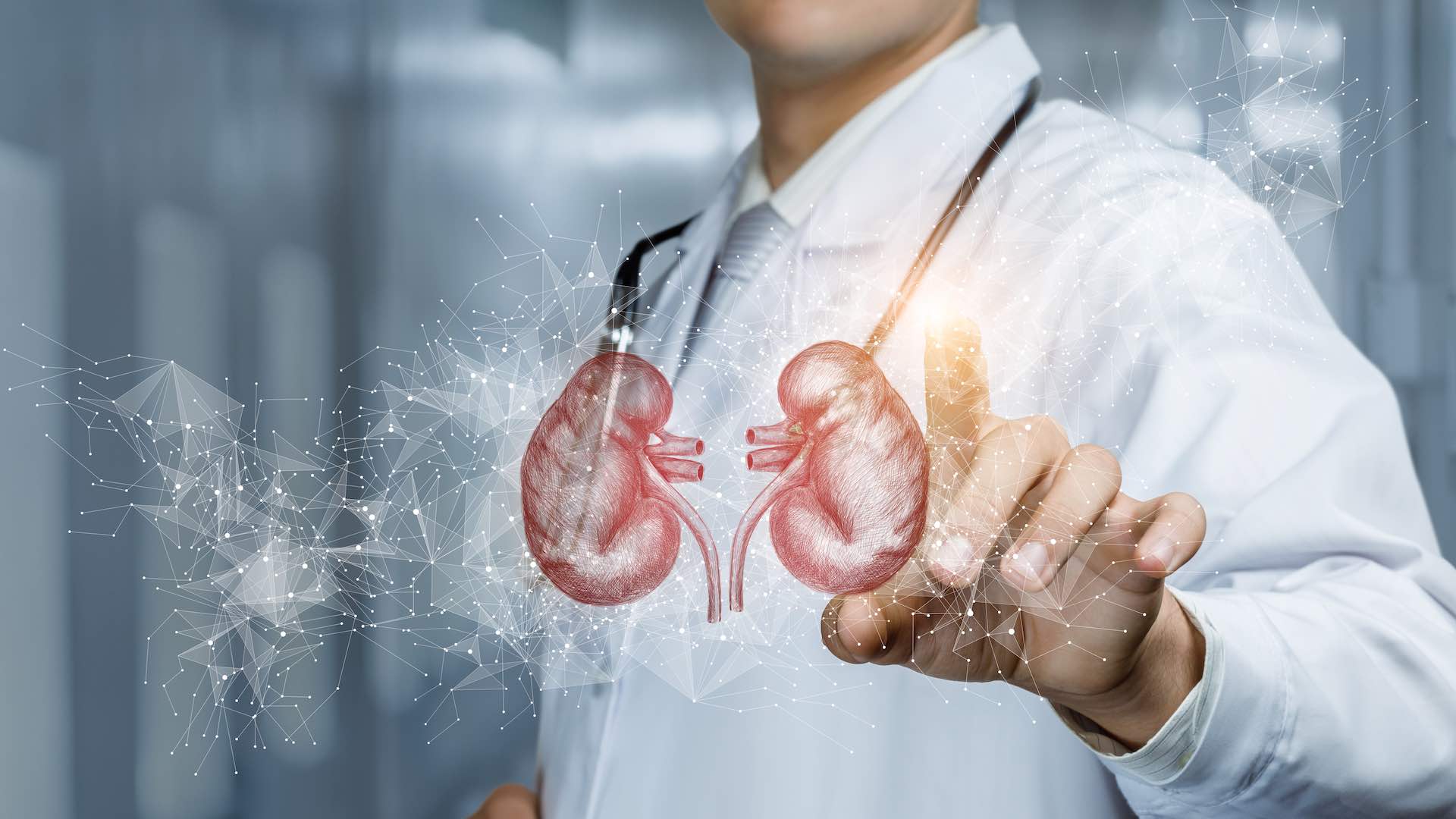Link between glucagon and kidney health unveiled in new research
New research from UT Southwestern Medical Center highlights the pivotal role of glucagon, a hormone primarily associated with regulating blood sugar levels, in maintaining kidney health. The study reveals that when glucagon receptors are removed from mouse kidneys, symptoms resembling chronic kidney disease (CKD) manifest.

The findings, detailed in a publication in Cell Metabolism, offer fresh insights into the physiological functions of glucagon and its implications for addressing CKD, a widespread condition affecting millions globally, as reported by the National Institute of Diabetes and Digestive and Kidney Diseases.
According to Philipp Scherer, Ph.D., Professor of Internal Medicine and Cell Biology, and Director of UTSW’s Touchstone Center for Diabetes Research, the study delineates significant protective effects of glucagon on kidney health and overall metabolic well-being. Historically recognized for its role in liver function, glucagon is produced by pancreatic cells during low blood sugar levels, stimulating glucose production in the liver to fuel cells.
Recent investigations have identified glucagon receptors in the kidneys, yet their precise function remained elusive until now. To elucidate the role of kidney-based glucagon receptors, Dr. Scherer and his team employed genetic manipulation techniques in mice, comparing those with deleted kidney receptors to control groups.
Remarkably, mice lacking kidney glucagon receptors exhibited a spectrum of renal pathologies, including inflammation, scarring, and lipid accumulation akin to fatty liver disease. Additionally, they displayed elevated blood pressure, energy-production gene dysregulation, and heightened oxidative stress.
Moreover, these mice showed systemic repercussions, such as nitrogen imbalance, electrolyte disturbances, and cardiac issues, reminiscent of CKD symptoms. May-Yun Wang, Ph.D., Assistant Professor of Internal Medicine and lead author of the study, emphasized the resemblance of these findings to clinical observations in CKD patients, highlighting a reduction in kidney glucagon receptors.
The study prompts further investigation into whether diminished receptor numbers precede kidney pathology or arise from it, a crucial question for future research, Dr. Wang noted. Meanwhile, the incorporation of glucagon in late-stage clinical trials for obesity and diabetes treatment offers a promising avenue. These trials indicate improvements in kidney health, aligning with the study’s findings, Dr. Scherer concluded.